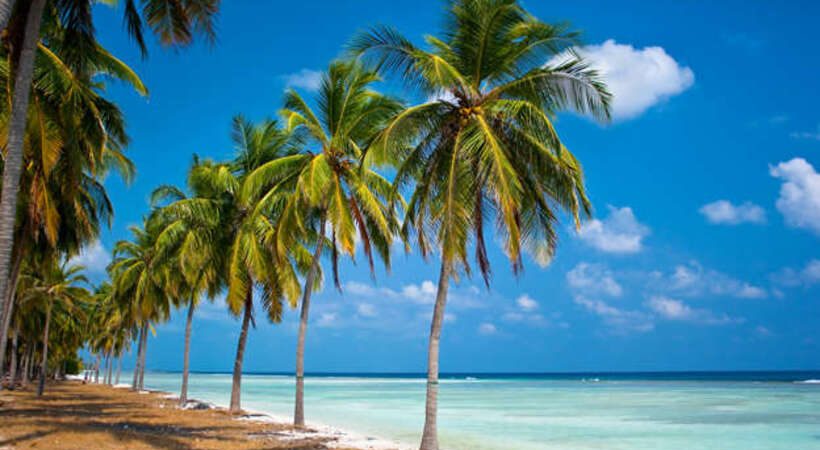A widespread resentment is growing across all sections of the society over the new administrative changes brought by the newly-appointed Administrator Praful K Patel in Lakshadweep.
The reforms with impending ecological, economic and social implications were met with staunch opposition and unrest among the natives of the island. The issue has gained national prominence after people from across the country extended their support to the campaign started by the islanders.
Read more: Politicians, Celebrities Step Up For Save Lakshadweep Campaign
Demographically, the majority of the population depend on fishing and related pursuits for livelihood. Over 96 per cent of the population belong to the Muslim community. The Administrator to the Union Territory is directly appointed by the President of India, as nominated by the Central Government. The highest body of local self-governance directly elected by the people is the District Panchayat. But the powers of the District Panchayat and Dweep Panchayats are being curtailed to centralize all powers to the administrator, ever since Praful K Patel was appointed.
What are the reforms?
The resentment from the people arises from concerns over enabling the authority with arbitrary powers to forcefully acquire land from indigenous people for ‘developmental’ requirements.
Video footage of a fisherman from one of the islands went viral on the internet as he describes the issues amidst the demolished structures, fishing boats and equipment. The fisherfolk community, which constitute a significant majority of the population, fear alienation from their livelihood.
Another major reform, since the new administrator took charge, is the enactment of the Goonda Act in the islands. The move is described as unnecessary since the crime rate in the union territory is significantly low compared to mainland India. Many have already pointed out this could be an effective tool to repress any form of protests that may emerge in the future.
The restrictions on selling alcohol were also lifted, citing tourism development as the ultimate goal. However, the newly imposed Lakshadweep Animals Preservation Regulation that bans cattle slaughter and trade proves to conflict with interest. Coupled with the arbitrary move to exclude meat products from the school menu, this is seen as an attempt to indulge in the food habits and culture of the indigenous people.
In addition to all these, the administration’s new criterion, which prohibits those with more than two children from contesting the local body election, is unheard of. The administration’s sudden massive termination of natives from contract jobs is another alarming move since the new administrator took charge. The decision to rely on Mangalore port instead of Beypore is also being criticized as it denies the islanders’ decades-long ties with the state of Kerala. The forceful removal of anti-CAA-NRC boards indicates the political motives of the administration in the islands.
Lakshadweep islands could effectively contain the first wave of COVID pandemic that hit the nation in 2020, with stringent measures from local governing bodies and the cooperation of the people. Geographical advantage also helped the island to avoid frequent interactions with the mainland. According to accounts of the natives, Patel after being appointed as the administrator, lifted the restrictions on entering the island from the mainland, resulting in a sudden hike in the number of COVID cases in the islands. The number of COVID cases and the mortality rate in the islands is on the rise, as the availability of health facilities is very limited.
The new reforms were brought in by the administrator when the islands were facing the worst phase of the health calamity with an increasing number of cases and associated crises. The administration cites development, promoting tourism and fighting corruption etc as the aims of bringing in these reforms. People allege the administration of exploiting a scenario where people cannot mobilize due to the pandemic to implement orders that are supposedly harmful to their lives and livelihoods.



















